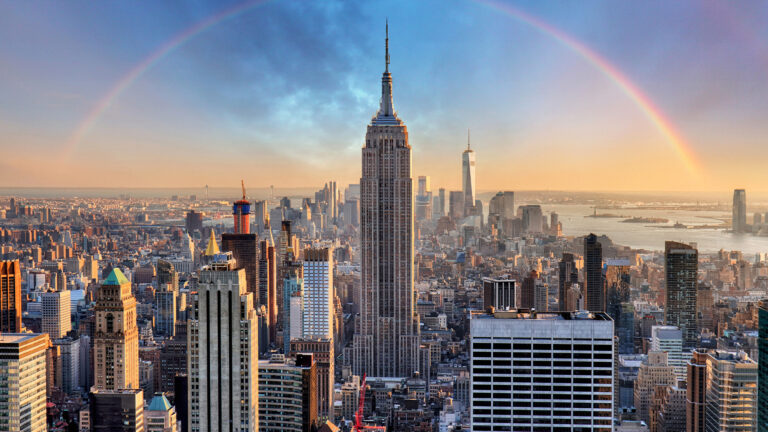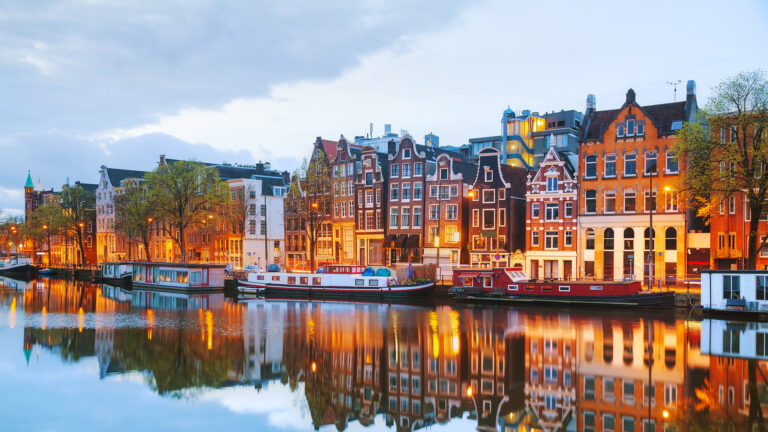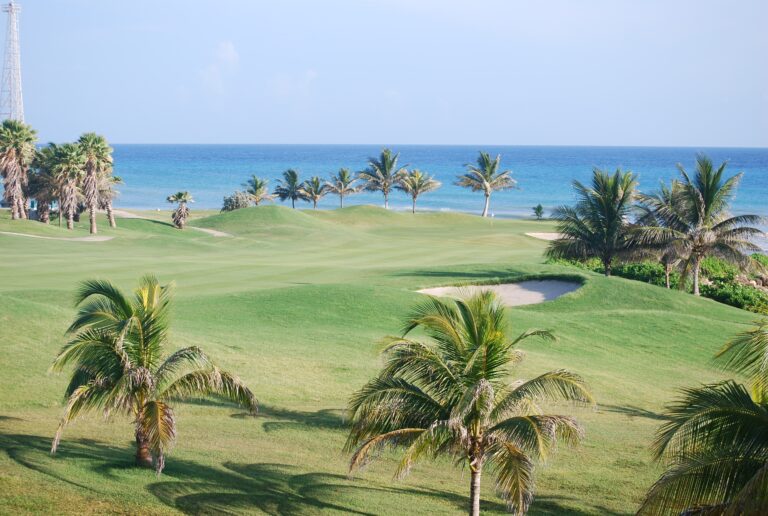By David G. Barry
The fiscal year end numbers reported by the Florida State
Board of Administration (SBA) should provide it with ammunition as it seeks to
get the state legislature to lift the limit on its alternatives investing.
For the fiscal year ended June 30, the $180 billion Florida State Retirement
System (FRS) – which accounts for 79% of the $228 billion that the SBA oversees
– returned a negative 6.3%, beating its benchmark return of negative 9.1%. That
compares with a return of 29.5% for the fiscal year ended June 30, 2021.
What was significant about the results, though, was that the two sectors that
are included in alternatives – private equity and strategic investments – both did
well. Private equity – which includes buyouts, venture capital, distressed
equity, secondary funds, and co-investments – returned 24.4% while strategic
investments – which includes private credit, hedge fund and infrastructure –
returned 7.8%.
which includes buyout, venture capital, distressed equity, secondary funds and
co-investments, accounting for 9.8%. Strategic investments, consisting of hedge
funds, private credit and infrastructure, accounted for 10.6%.The SBA has been
restricted since earlier this year from making new alternatives investments
because of a Florida Statue which caps alternative investments at 20%. As of
June 30, it was at 21.4% with a 10.2% actual allocation to private equity and a
11.2% allocation to strategic investments.
Lamar Taylor, SBA’s interim director and chief investment officer, said at a
recent Audit Committee meeting, that the SBA would seek to get the legislature
to lift the alternatives cap to 30%. The SBA attempted to get the cap lifted
earlier this year but was unsuccessful.
As of mid-August, the alternatives figure had come slightly to 20.4%. Private
equity accounted for 9.8% while strategic investments was at 10.6%.
Private equity and strategic investments were two of the three sectors in the FRS’
portfolio that generated positive results. Real estate produced a 22.4% return.
Meanwhile, fixed income reported a negative 8.1% and global equities a negative
17.2%.
Global equities accounted for 48.4% of the portfolio as of June 30, while fixed
income was 17.7% and real estate 11.3. The remaining 1.2% was in cash and cash
equivalents.
The release of the year-end numbers comes on the heels of the
trustees of the SBA voting to not allow the FRS to consider climate risk and
other environmental, social and governance (ESG) factors when making investment
decisions.
The system’s investment policy statement
will be updated to require that all investment decisions are based on
maximizing financial outcomes. In proxy voting, investment managers will be
required to focus purely on investment return considerations.
The State Board of Administration will also prepare a report
on the policies around voting practices and will submit its report to the
trustees by December 15, 2023.












